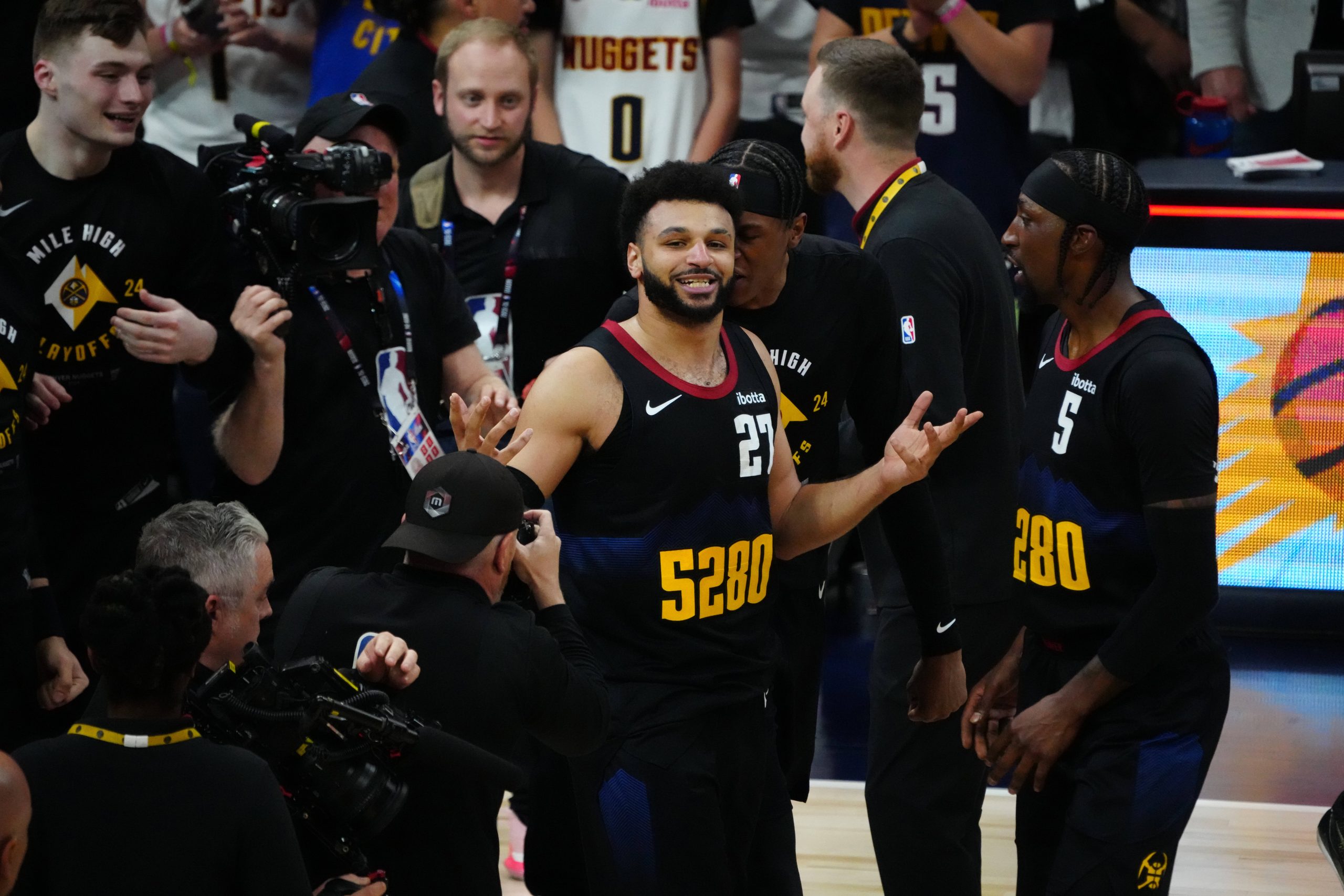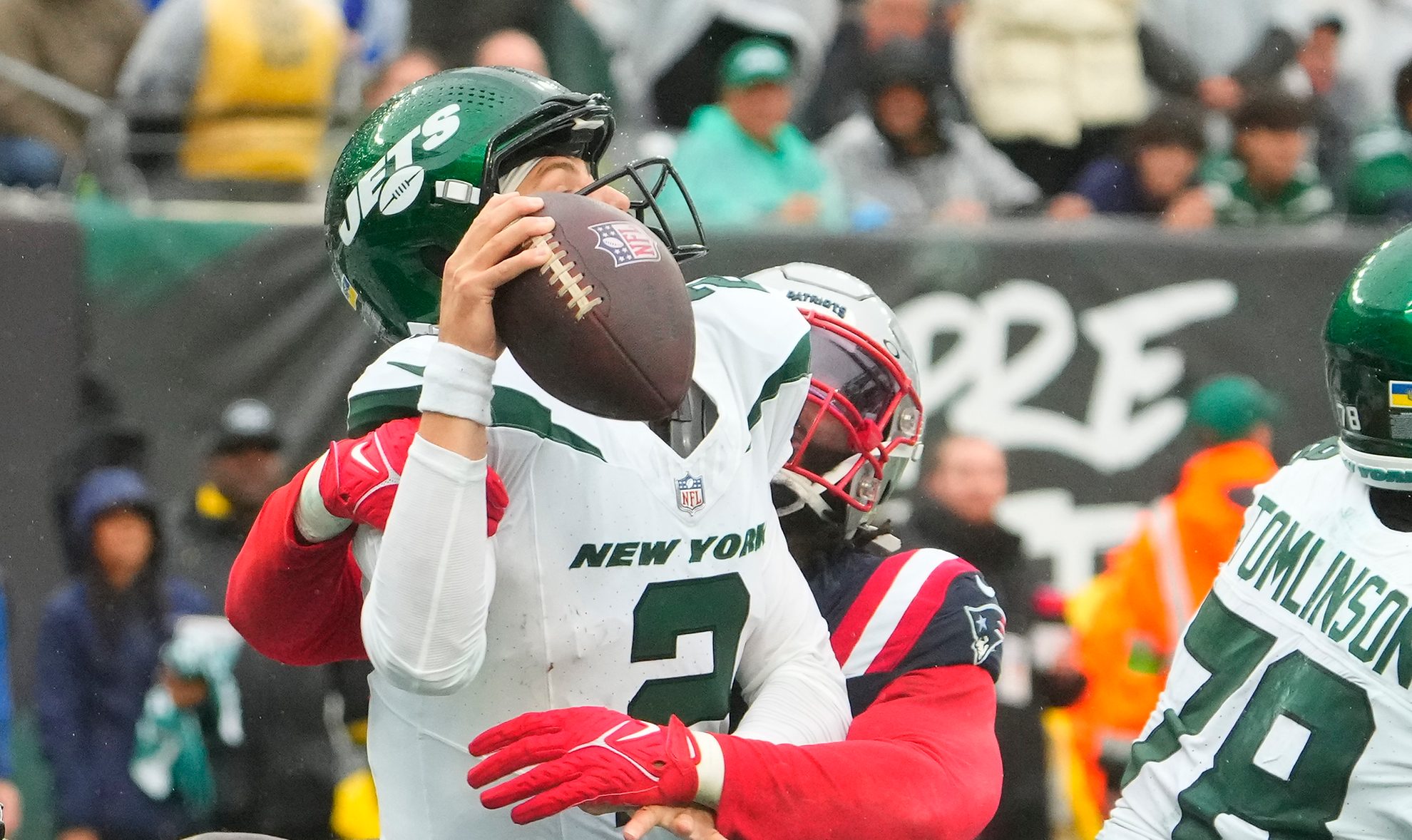Entering the previous offseason, the Houston Texans were in a major predicament. Would they continue to string along a group of mediocre quarterbacks or plunge into a major financial risk? On March 10, the highly-regarded backup Brock Osweiler signed a four-year, $72 million contract, including $37 million in guarantees in the first two seasons with the franchise.
Last season with the Denver Broncos, Osweiler stepped in for Peyton Manning, who tore the plantar fascia in his left foot. During an eight-game stretch, he racked up 1,967 yards and 10 touchdowns, but also generated eight turnovers. During a miserable 232-yard, two-interception performance in the regular season finale against the San Diego Chargers, Osweiler was benched for Manning. According to one reporter, that signaled the end of his career in the Mile High City, leading to the surprising signing with Houston.
Although the former fifth-round pick’s job doesn’t appear in jeopardy at the moment, Texans coach Bill O’Brien and the rest of the organization must be pondering if his substandard showing will ever improve. Let’s break him down.
When the Texans’ campaign kicked off, the Idaho native masked his issues versus a then-subpar Chicago Bears’ defense. He notched his second-highest total quarterback rating (QBR) of the season so far (78.5), tossing for 231 yards, two scores and an interception. Nevertheless, his 62.3 completion percentage on the afternoon would currently sit in the bottom tier of the league, indicating that utter regression was on the way.
Even in one of Osweiler’s finer starts of the season in a Week 6 matchup with the Indianapolis Colts, where he led the team to an overtime win after trailing 23-9 midway through the fourth quarter, his total QBR (42.8) told a different story. Likewise, prior to the contest, he and O’Brien, who tookover play-calling duties following Week 3, traded intense critiques of the offense. If the governor and his lieutenant aren’t on the same page with a 3-2 record, chaos will shortly ensue.
Since Week 7, Osweiler has produced an anemic 181 yards and less than one touchdown per game. Additionally, he’s mixing in a turnover per contest over the five-game stretch. In Sunday’s Week 12 matchup against San Diego, his ugliness hit its peak, flinging three interceptions and failing to move the ball past the Chargers’ 38-yard line more than three times.
Those lowlights aren’t what Texans general manager Rick Smith had in mind when inking Osweiler to that massive deal, right?
Overall, the 6-foot-8, 235-pounder’s total QBR (55.6) ranks No. 27 in the NFL. Essentially, through 13 matchups, Osweiler is measured as one of the least efficient QBs around. Moreover, his completion percentage (59.5) places No. 29 in the league, in front of Ryan Fitzpatrick, Cam Newton, Colin Kaepernick and Josh McCown. On top of that, he’s dead-last in net yards per passing play (5.1).
In correlation, Vikings’ QB Sam Bradford, who has delivered dreadfully low numbers of late due to a banged-up offensive line, still stands nine spots above him in the final category.
Sam Bradford's average attempt in loss to Lions traveled 3.5 yards beyond line of scrimmage. Tied for lowest avg target depth in a 2016 game pic.twitter.com/DvXmyUp64G
— PFF (@PFF) November 24, 2016
Keep your jaw hanging, though. It doesn’t end there.
In terms of taking care of the ball, Osweiler throws the ball to the opponent on 3.3 percent of his passes, the eighth-highest proportion among QBs with at least 50 attempts. The list behind him isn’t filled with impressive names, consisting of Case Keenum, McCown, Jay Cutler, Fitzpatrick, Blaine Gabbert, Matt Barkley and Derek Anderson.
In total, Osweiler is tied for first in interceptions (13) and slides in at No. 21 in touchdown passes (12), tied with Bengals QB Andy Dalton. If matters could be any worse, his 2,307 yards rank No. 24, with the inexperienced Trevor Siemian positioned slightly ahead.
Even though Siemian has the luxury of learning from former QB and now-head coach Gary Kubiak in Denver, O’Brien is no slouch, either. Before returning to college football in 2012, he was the offensive coordinator in New England.
Considering Houston owned the same record (6-5) at this point a season ago, Texans’ supporters might want to recall the various starters under center: Brian Hoyer, Ryan Mallett, T.J. Yates and Brandon Weeden. Their combined productivity delivered a shot at the AFC South crown and the team ended up cashing in.
With the Tennessee Titans now sitting just a half-game behind the Texans for first place and on a tear offensively, averaging the seventh-most points per game (25.7) in the league, apprehension should already be surrounding Osweiler.
Compare his numbers to Hoyer’s, who played in 11 regular season contests in 2015-16, manufacturing 2,606 yards, 19 touchdowns and only seven interceptions. While he executed dreadfully in a 30-0 loss to the Kansas City Chiefs in the AFC Wild Card Game, Hoyer’s stat line hangs over Osweiler’s output in an identical amount of games.
Along with that, when Hoyer was at quarterback, wideout DeAndre Hopkins flourished with 1,038 yards and seven scores. With Osweiler under center, the 24-year-old weapon has totaled merely 610 yards, No. 41 among wide receivers, and three touchdowns. He has only one 100-plus yard game, too. You do the math.
Looking ahead at Houston’s remaining schedule, Osweiler will face three top-20 passing defenses (Jacksonville Jaguars, Cincinnati Bengals and Green Bay Packers) over the final five games. Nonetheless, between Osweiler’s contract and the depth behind him, composed of journeymen backups Tom Savage and the aforementioned Weeden, he’s not headed to the bench anytime.
In order to turn his season around, he must work on his reads on a down-to-down basis. Starting with Hopkins wouldn’t hurt. If not, Osweiler may be filing himself in with the other ordinary quarterbacks in the Texans’ history books.







